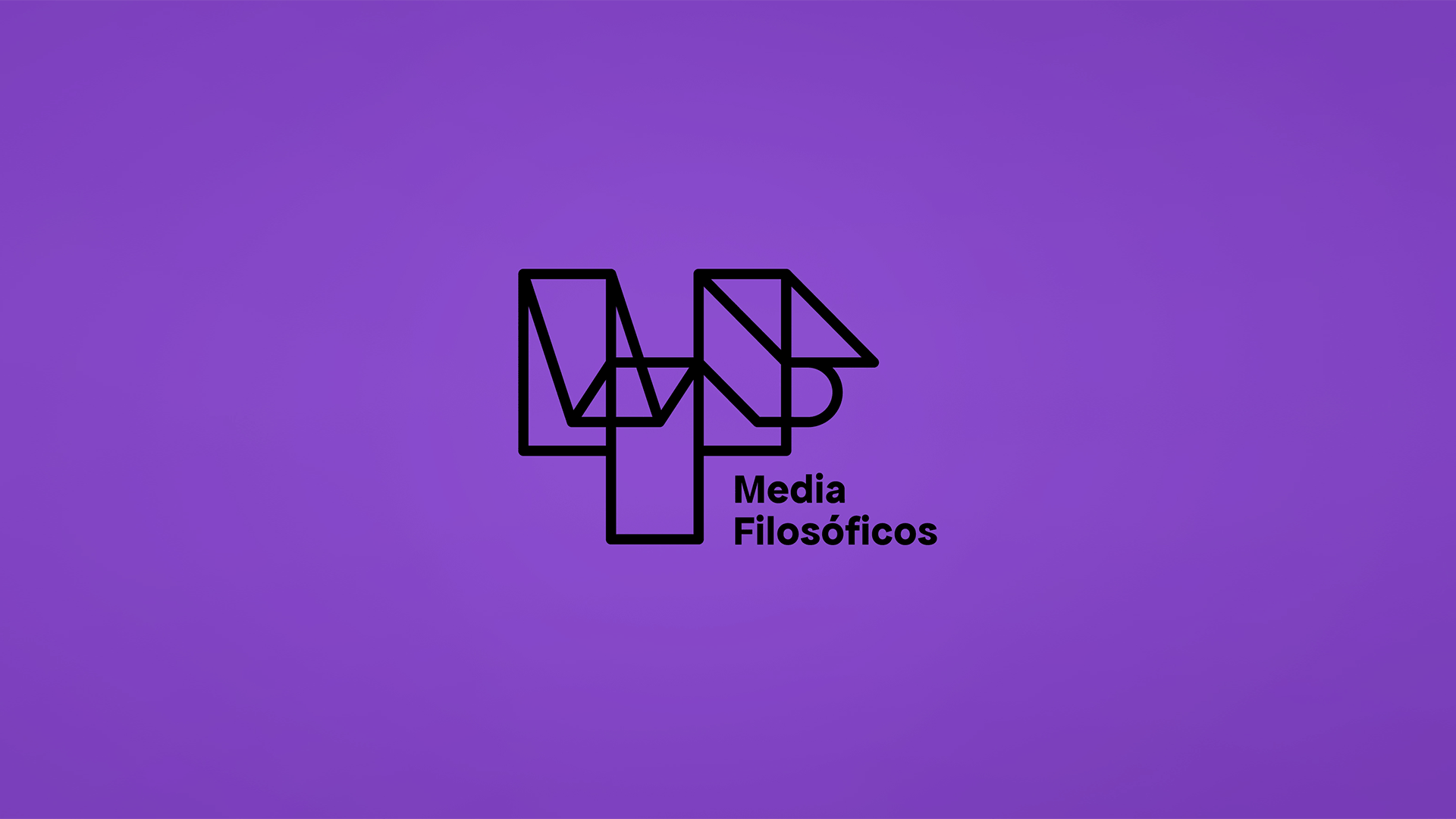PhilMe
Philosophical media: developing the literacy and circularity of technical objects
Research project | CEEC Institutional
Computation, Hybrid Practices and Culture- Referência
- CEECINST/00103/2021
- Período
- 06.17.2024 — 06.16.2028

PhilMe project (DOI 10.54499/CEECINST/00103/2021/CP2785/CT0002) aims to promote media literacy and circularity in higher education by exploring the obsolete, unused, or forgotten technical objects found at UP with community critical and creative engagement.
The rapid and continuous technological transformations of the last decades, combined with a culture of obsolescence, are contributing to a catastrophic scenario of environmental degradation, natural resource consumption, soil pollution, and electronic waste production. The impact of the extraction and processing of resources to sustain global consumption is imposing a defuturing condition that demands an urgent response and new media and mediation philosophies to help us redefine our relationship with technology.
Such a scenario contributes to an increasing problem faced by many institutions, especially public higher education: the lack of reuse or disposal policies for equipment in disuse and, hence, the accumulation of a massive number of technical objects that demand many resources for maintenance.
In view of this, how can we explore the collection of technical objects found in UP to question technology consumption and promote media literacy with community collaboration? How can those objects be cataloged, archived, and made accessible in a meaningful way? How can we foster media circularity across universities?
By exploring the ecology of media found at UP, the project will:
1) Discover usage communities around the objects to understand their heritage in educational methods and methodology in the UP and gather situated histories.
2) Connect artists and designers to technical objects to explore experimental solutions for media remediation and circularity.
3) Foster hands-on experience with the objects to raise awareness and promote media literacy.
4) Explore innovative approaches to catalog and digitalize the objects to promote media accessibility through a multimodal archive.
5) Draw a roadmap for the sustainable (re)use and (re)appropriation of media technologies across higher education.
In order to engage critically and creatively with the technical objects, this research will put together media archaeology and critical design approaches and involve a mix of research methods, including interviews, living experiences, and hands-on collaborative and co-creative practices.
Principal investigator
Camila Mangueira
Team
Fabrício Fava, João Lima, Miguel Carvalhais, Tiago Pinho